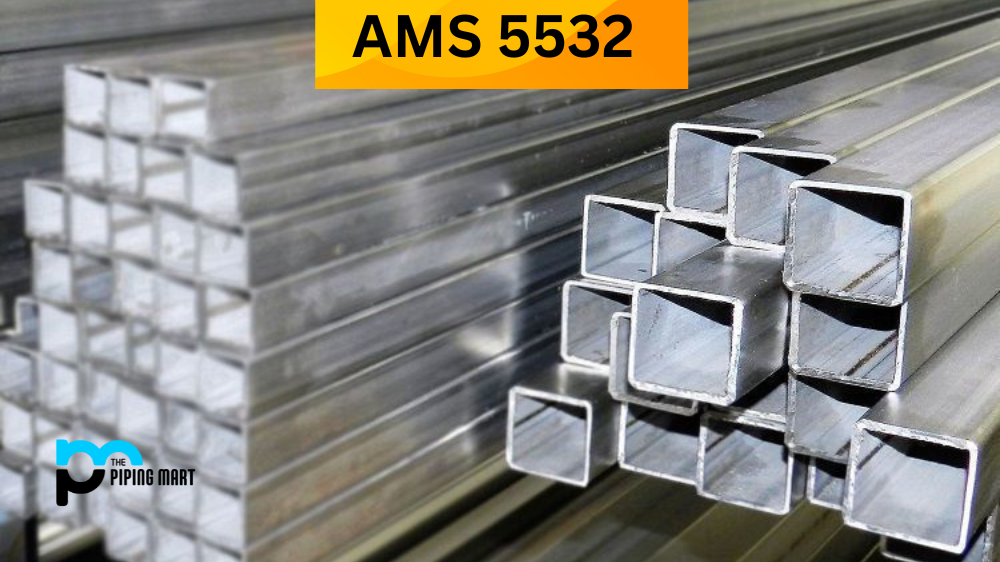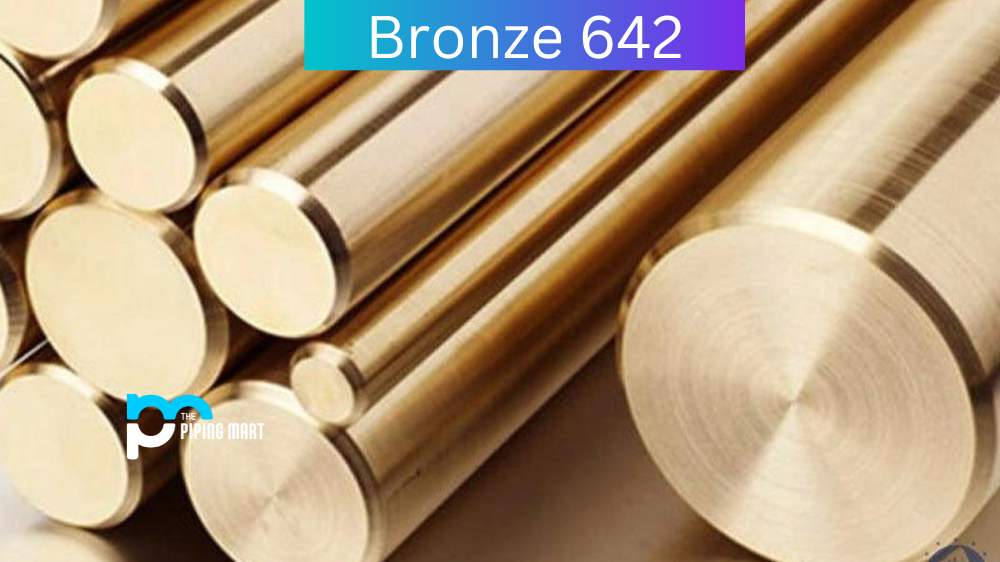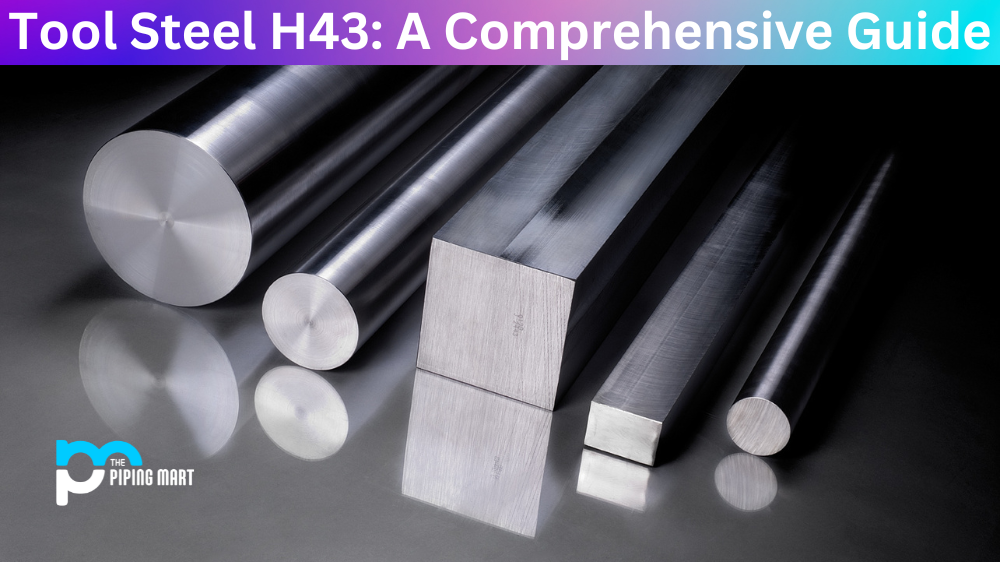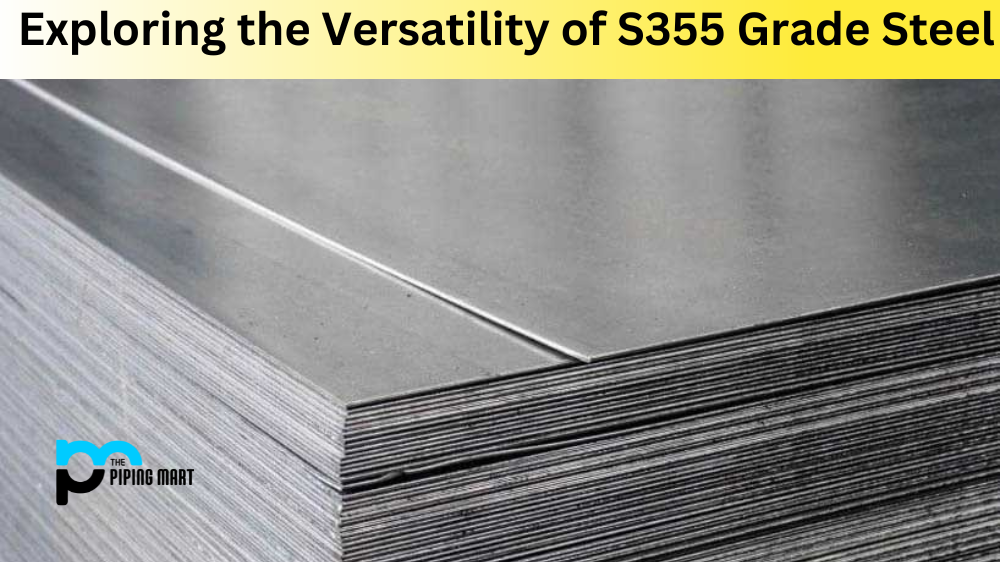If you’re in the aerospace industry or any field that requires metal fabrication, you’ve likely heard about AMS 5532. It’s a popular material used for different applications, from aircraft engines and landing gear to industrial machinery. But what exactly is AMS 5532, and how does it differ from other metal alloys? This blog post will dive into the composition, physical and mechanical properties, uses, hardness, and heat treatment of AMS 5532.
What is AMS 5532?
AMS 5532 is a specification for a high-temperature, corrosion-resistant, nickel-based alloy commonly used in aerospace and gas turbine applications. Developed by the Aerospace Materials Specification Committee, AMS 5532 specifies this alloy’s chemical composition, mechanical properties, and testing requirements. Its exceptional strength and durability make it a popular choice for extreme environments where traditional materials would fail. Companies and industries that prioritize reliability and longevity in their equipment should consider the benefits of AMS 5532.
AMS 5532 Composition
AMS 5532 is a high-temperature, corrosion-resistant nickel-based alloy that includes alloying elements such as chromium, molybdenum, cobalt, and titanium. Its chemical composition is around 58% nickel, 19% chromium, 14.5% iron, 4.5% molybdenum, and 3% titanium. Adding these elements enhances the alloy’s strength, corrosion resistance, and ability to withstand high temperatures.
AMS 5532 Physical Properties
AMS 5532 has a density of 8.14g/cm³ and a melting point of 1395-1455°C. It’s known for its excellent resistance to oxidation and other types of corrosion, especially at high temperatures. The alloy’s thermal expansion coefficient is 13.8×10^-6 m/mK, much lower than nickel-based alloys such as Inconel 625. AMS 5532 also offers good electrical conductivity, making it ideal for some electrical applications.
AMS 5532 Mechanical Properties
While AMS 5532 offers good strength, the alloy’s most significant advantage is its high-temperature characteristics. The alloy’s tensile strength is around 215 MPa at room temperature and increases at higher temperatures, maxing out around 930 MPa at 760°C. AMS 5532’s elongation is around 40%, demonstrating its high flexibility, even under the high stresses and temperatures it’s subjected to in its applications.
AMS 5532 Uses
AMS 5532’s impressive resilience and versatility make it a suitable material for various applications. It’s commonly used in high-temperature environments, such as gas turbines, jet engines, and combustion systems. AMS 5532 is also used in aerospace, industrial machinery, and power generation structural elements. The alloy’s high-temperature strength, radiation resistance, and resistance to thermal shock make it an attractive material for nuclear reactor construction.
AMS 5532 Hardness
AMS 5532 is typically supplied in a solution-annealed state with a hardness of around 200HV. The material’s hardness increases when it’s subjected to a variety of heat treatments. For instance, when AMS 5532 is annealed at about 1175°C for 1 hour and then cooled in air, the hardness increases to around 245HV. However, appropriate heat treatments that make the alloy more ductile for some applications can also decrease this hardness.
AMS 5532 Heat treatment
AMS 5532 Heat treatment is crucial to achieving the desired mechanical properties of high-temperature alloys. Understanding how to properly heat treat materials to achieve optimal performance is essential for any engineer or material scientist. With the right approach to heat treatment, we can increase the strength and stability of high-performance alloys, making them ideal for use in high-stress environments such as the aerospace and defence industries. For those looking to design with or utilize AMS 5532, a thorough understanding of heat treatment techniques is essential and can make all the difference in the end product’s performance.
Conclusion
AMS 5532 is an alloy with exceptional high-temperature characteristics, good resistance to corrosion, and high flexibility. Its chemical composition and mechanical properties make it a suitable material for various applications, from jet engines to nuclear reactors. Knowing the properties and characteristics of AMS 5532 is essential in selecting the appropriate metal alloy for specific applications. Whether you’re in the aerospace industry or engineering, AMS 5532 is a material worth considering for your next project.

Abhishek is a seasoned blogger and industry expert, sharing his insights and knowledge on various topics. With his research, Abhishek offers valuable insights and tips for professionals and enthusiasts. Follow him for expert advice on the latest trends and developments in the metal industry.




